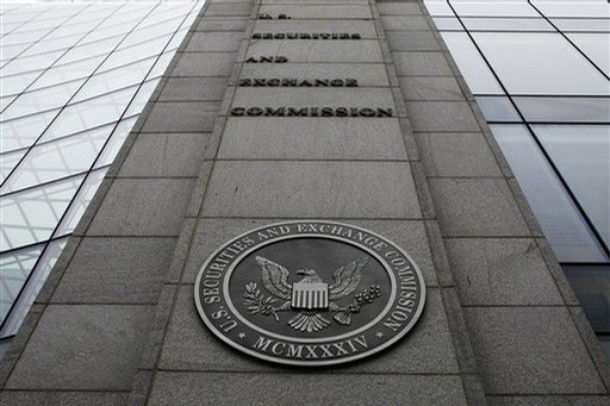By Eric Corl for thenextweb.com
Crowdfunding is the process of raising capital by offering rewards to ‘backers’ by pre-selling your product or offering equity in exchange.
While the latter is not yet legal in the United States, the JOBS Act, which was signed into law in April 2012, mandates that the SEC makes it legal by January 1st of 2013. There will inevitably be delays as the SEC works to implement a new framework to support this legislation, but it would be wise for entrepreneurs to start comparing equity crowdfunding with their alternative options now.
Let’s take a look at what equity crowdfunding looks like when compared to the traditional capital raising process. What I think you’ll find is that it is a great solution for the majority of entrepreneurs, especially those who have limited access to investment capital due to not being in the right industry, location or networks.











